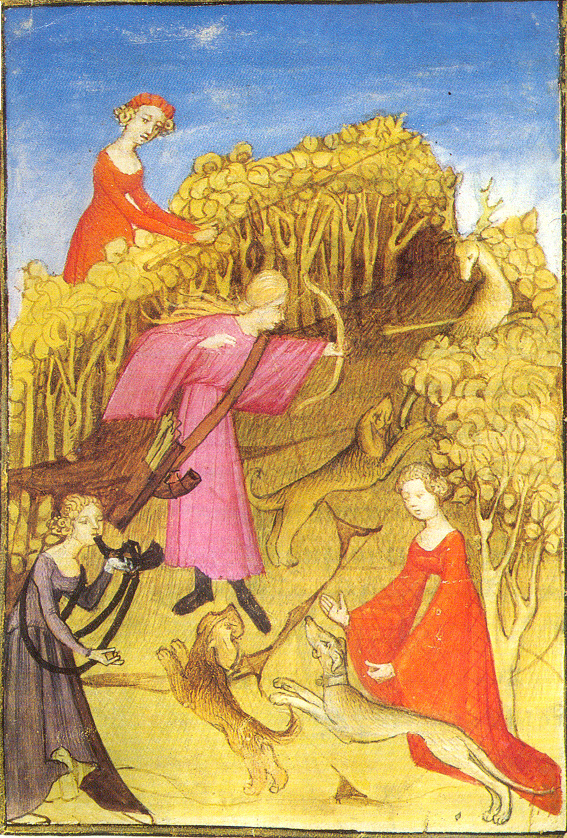Women in Medieval England
Medieval England was tough for many, but women in particular had a difficult life. Although some lived more comfortably than others, all were oppressed by a male-led society that believed women should ‘know their place’.
Medieval society believed had very little role to play aside from supporting their husbands, looking after their family and performing daily chores. In towns it would be determined what jobs women were able to perform, though this list was limited and women were universally paid less for doing the same tasks as men simply as a result of their sex.

There are some documents that still survive today stating what many common village tasks entailed and how much the job should be worth in terms of pay to both men and women. For example, a man may have received eight pence per day for reaping while women would receive just five. Similarly, men were paid sixpence for haymaking while women would have to settle with four. Sadly, women were unable to complain about this unfair treatment as society was so dominated by men, and as such they would be disregarded by any authority.
As with the rest of the general population, women would mainly live in rural areas and were often involved with farm work. However, women in towns struggled to find an occupation as many medieval guilds would not allow women to join. This meant most of the skilled jobs available would be given to men.
One exception to this rule was making clothes. “Various people of the weavers’ craft in Bristol employ their wives, daughters and maids either to weave at their looms, or to work for someone else at the same craft.”
(From records kept in 1461)
For the most part, women were only able to work towards a servant position, which was difficult work that earned them little pay.
Rules for women in medieval society
Medieval men determined the law and were therefore responsible for limiting the freedom of women. Some of the rules women were expected to live by included:
- Having their parents’ permission to marry
- Requiring special permission to own a business
- Unable to leave their husbands via divorce
- Unable to own property unless they were widowed
- Unable to inherit their parents’ land unless they had no living brothers
While poor women would not marry until they were in their twenties - instead required to work for their family - many women born into wealthy families would marry while still teenagers. This was not uncommon - unlike in modern society, medieval children were worked and treated as adults from as young as 10 or 11.
However, they did not have any say in who they married and it was often arranged as part of a political gesture or to gain the family an advantage in politics, religion or business. Once married, these women would they be required to attend to their husbands will.
An essential part of a wealthy woman’s duty was to produce a male heir. This meant many women were pregnant almost constantly, due to their desperation to ensure they fulfilled this duty. Sadly, at least 20 per cent of medieval women are believed to have died during childbirth due to the lack of medical care, and this was the most common cause of female death during this period.
While poor women were required to look after their children, wealthy women had a wet nurse who was responsible for them. Despite this, all medieval women were subject to a similarly short life expectancy of around 40.
See also: The Lives of Medieval Peasants
MLA Citation/Reference
"Women in Medieval England". HistoryLearning.com. 2026. Web.
